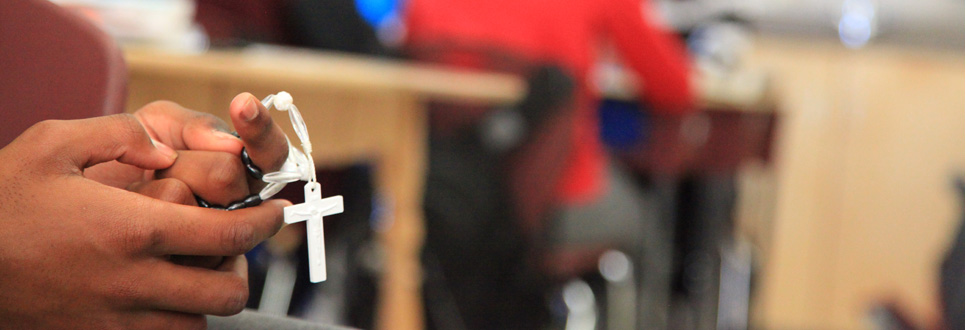Mental Health & Well-Being: Gratitude
Together for Mental Health: Everyone, Everyday
Developing positive mental health is important to academic achievement and overall well-being. For more information please visit DCDSB Mental Health and Well-Being
Thanksgiving might be over, but gratitude doesn’t have to be.
Gratitude means recognizing and appreciating the good things in your life—like your health, home, relationships, and opportunities. It’s about being mindful of what you have, even the small things, and not taking them for granted.
Practicing gratitude can boost your mood, reduce stress, and help you stay grounded. You can start by saying “thank you” more often, keeping a gratitude journal, or simply taking a moment to reflect on what’s going well.
What’s one thing you’re grateful for today? Who might you be grateful for? If you’re looking for an extra challenge, be sure to tell this person that you are thankful for them!
Parent/Guardian/Caregiver Information
Thanksgiving may be behind us, but the spirit of gratitude can continue all year long.
Gratitude is about recognizing and appreciating the good in our lives—whether it’s our family, health, home, or even the small everyday moments. It’s a powerful way to stay grounded, build resilience, and foster a positive mindset in ourselves and our children.
Encouraging gratitude at home can be simple: share what you're thankful for at dinner, keep a family gratitude journal, or take a moment to reflect together at the end of the day.
What’s one thing you’re grateful for today—and how can you help your child notice something they’re thankful for too?


 Back to Search
Back to Search